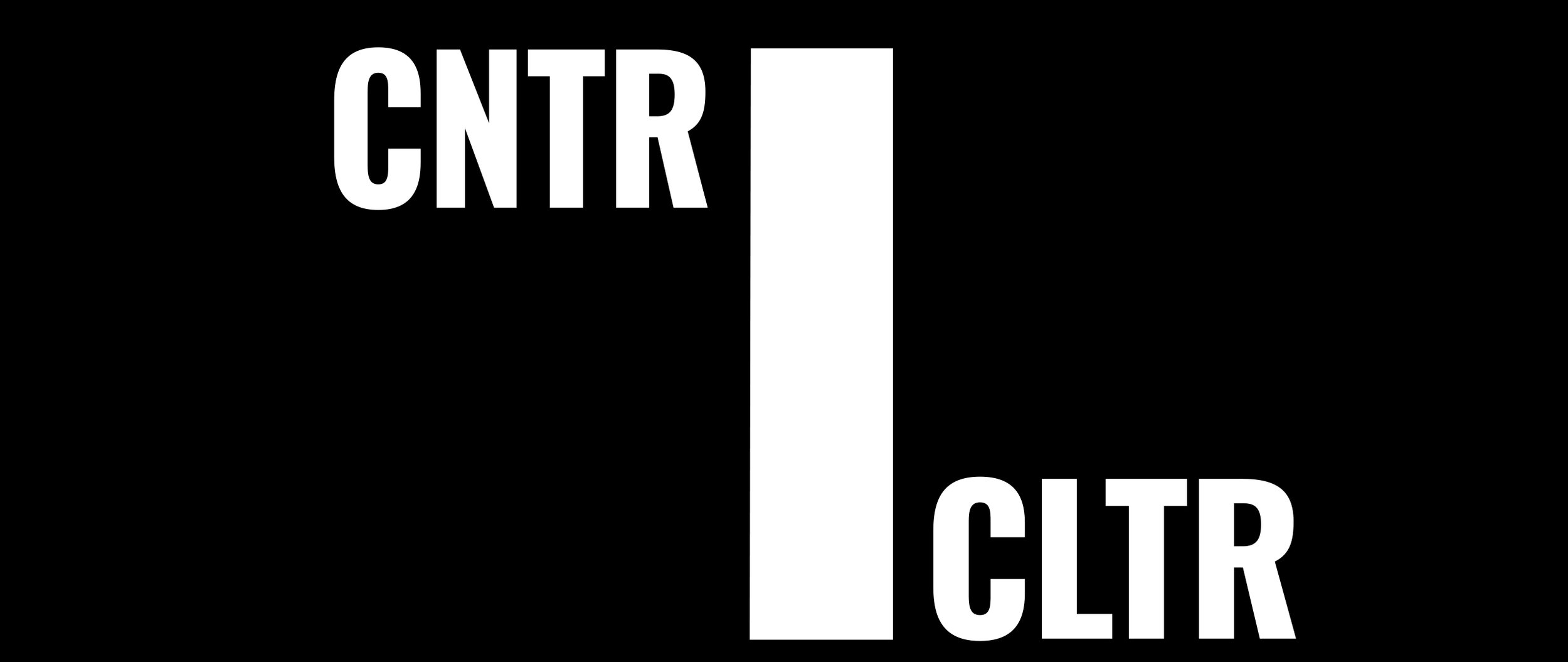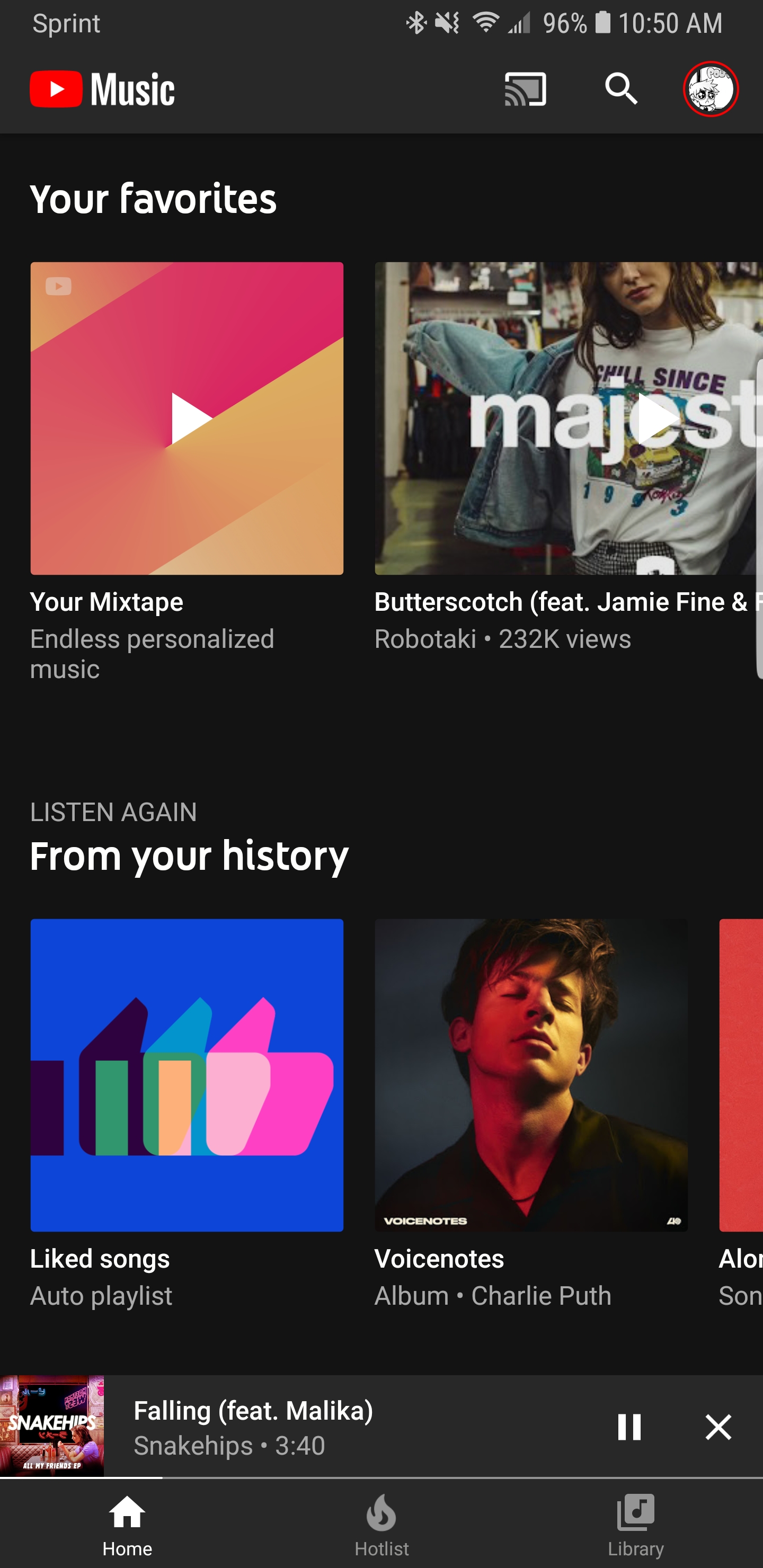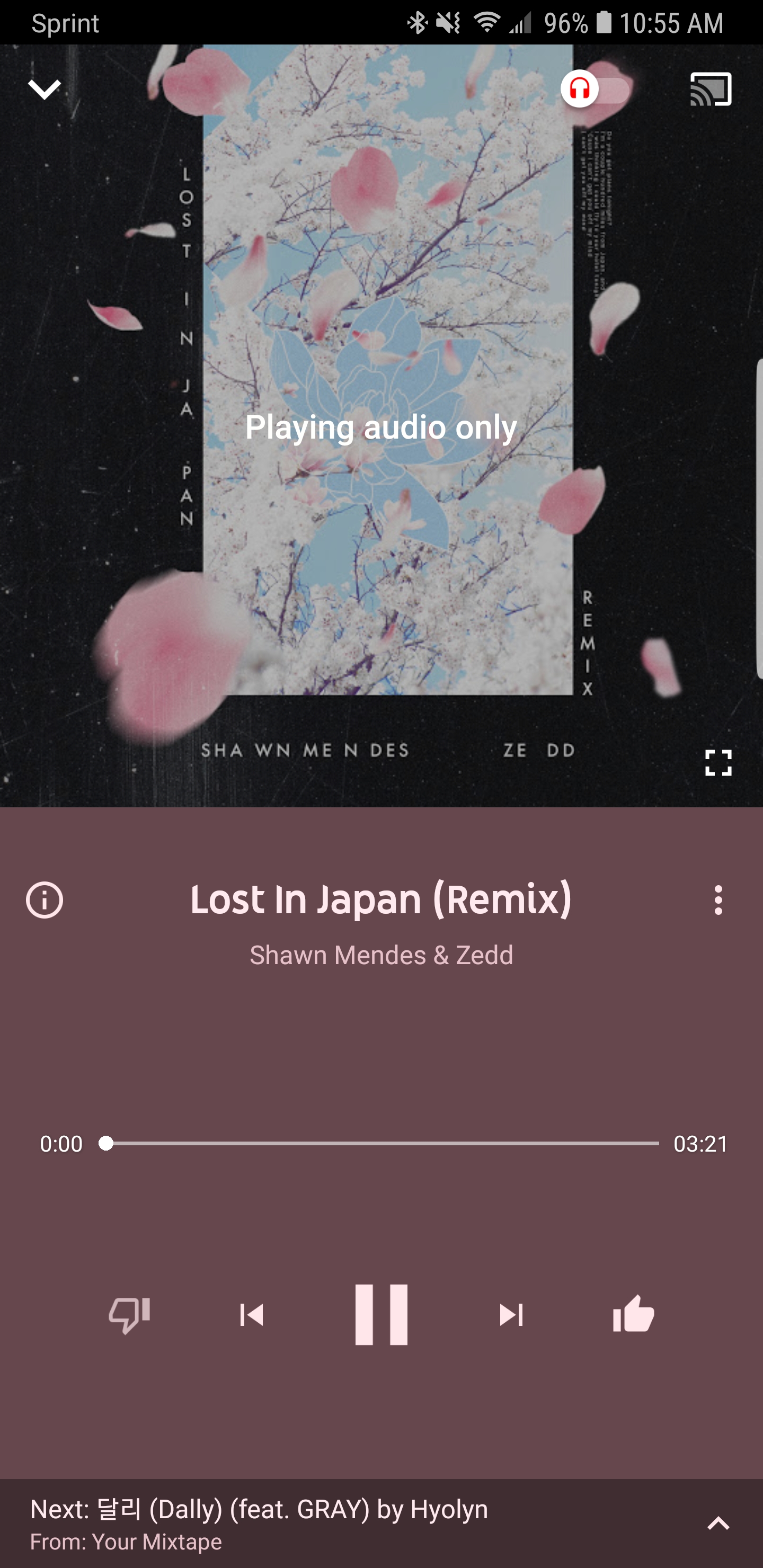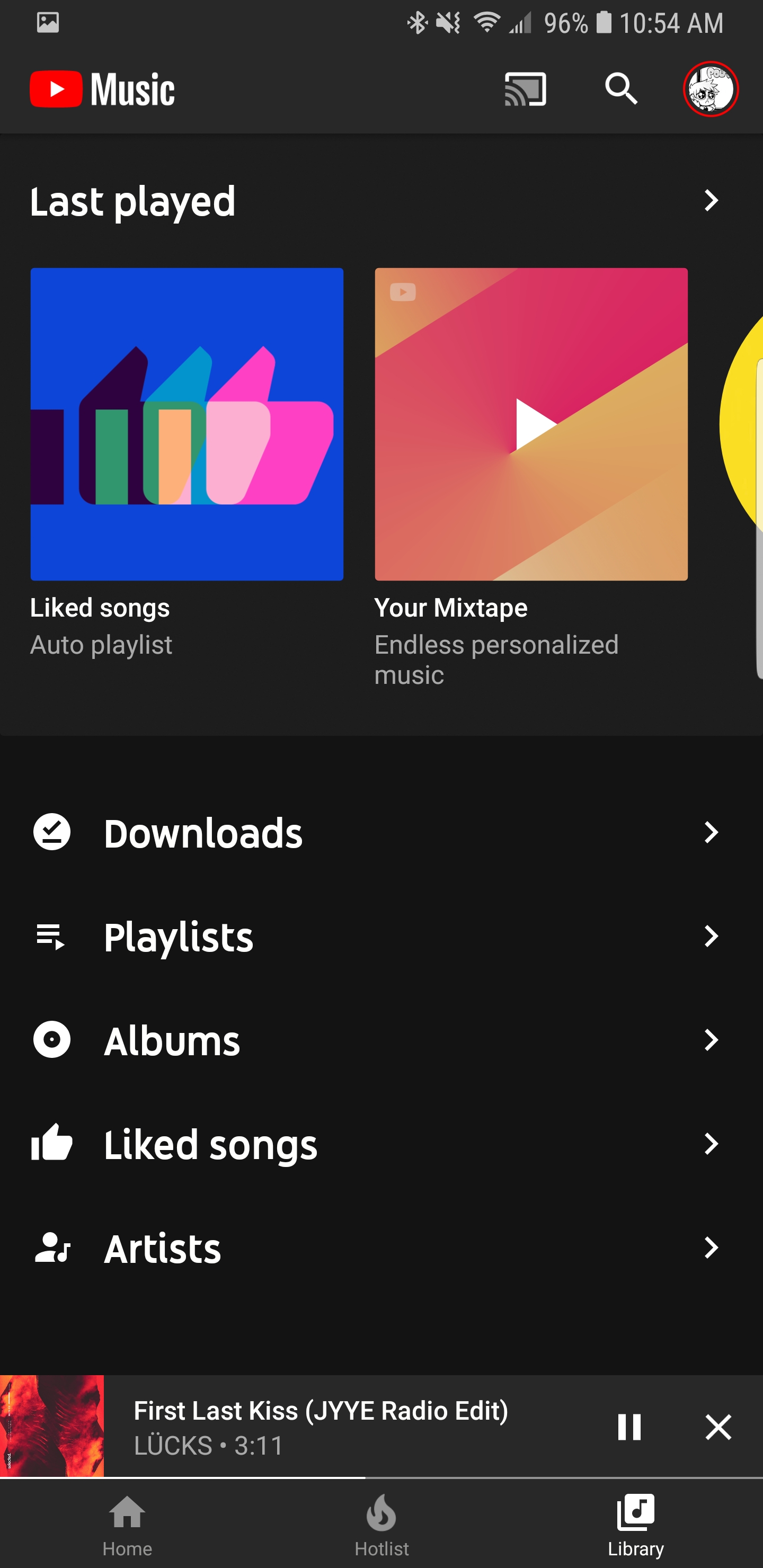I believe that it's important I preface this article by noting that I'm unequivocally coming at this from an angle of a power user for streaming music platforms. I've tried just about every service at this point. From mainstays like Spotify and Apple Music to deceased ones like Rdio and Rhapsody. Each service has their pro's and con's, however for me Google Play Music has stood above the pack for its unobtrusive interface and ability to upload personal audio files amongst numerous other preferences that always keep me coming back. However, I'm sure many of you will be surprised that Google also has another music streaming platform under its belt (and it's even been around since 2015) - YouTube Music.
Google started this new venture as a companion to their Play Music service. Mean to be used as additional leverage for others to subscribe to Google's service over its competitors, YouTube Music (known as YouTube Music Key at the time) was an oddity. Its features were lackluster, it's user interface was bare bones, and it only contained portions of the millions of pieces of music available on YouTube. I still remember getting into the beta when it initially launched and eventually finding the only benefit of being a part of it being that it came with a subscription to Play Music.
While the service became very stale and feature-enhancing updates seemed stagnant for several years, that all changed back in late spring. It was at that time that Google announced it would be slowly retiring its Play Music service and divesting all its resources into YouTube Music. Over the course of the next year, prominent aspects of Play Music are planned to be migrated to the newly refreshed service, along with the personal music data of all its users, to create a platform that better leverages the library of music on YouTube. Since then, I've been permitted into YouTube Music's beta for its refresh, and for the better half of these past four or five months the service has been my daily driver for my music needs. I always believed that the strengths of both YouTube and Google Play Music would be better suited in a combined app, and it feels like my thoughts were finally heard.
So, is the service any better now than when it originally released three years back? Yes. Is it better than Google Play Music? No, not quite.
While I understand that Google is still in the process of migrating everything over, the current app still leaves a lot to be desired. From some confusing choices in regards to library management (or lack thereof I should say) to strange glitches like some songs only playing snippets from music video teasers, it's very odd to see some of these go unaddressed after all these months. However, these are the least of my worries in the grand scheme of things. I fully expect these issues to be addressed as time goes on. There's something else that's, in my mind, a far greater concern for how Google plans to position this service in the near future. That is Google's complete lack of utilizing the curation based channels littered throughout YouTube.
While I feel that YouTube as of late has become more synonymous with vlogs, viral videos, and lifestyle content, it shouldn't be understated how popular the platform is for streaming music. In 2014, the second most searched term on the site was "music". Some of the highest viewed videos are music videos, and the amount of channels that focus purely on publishing music is immense. YouTube is where popular artists like Charlie Puth grew their fame.
In the past few years now, an aspect of the platform that has truly fostered and grown has been the number of curation based channels (CBC for the sake of brevity). These channels have amassed millions of subscribers and have also show some artists and producers into stardom (see: Mura Masa).
Source: Majestic Casual
Spotify may have stronger social integration and Apple may have better ecosystem integration, but what YouTube has over them are people already making it their job to cultivate a curated platform for their respective audience. These users are going out and finding new and unknown artists and bringing them to large viewer bases. And it's not like these people are even costing YouTube a lot of money as it is due to copyright related reasons. Majestic Casual even had its channel deleted off the site back in 2015 because of it.
If these CBC’s aren't working for Google yet growing such a thriving community on their own platform, why aren't they trying to feature them more prominently in some aspect. Why is that when I search for "Trap Nation", a CBC with over 20 million viewers, on YouTube Music, I don't get their channel, any of the music they endorse, or any of their own playlists as a first result? YouTube is quite literally doing it's users a disservice not trying to utilize these CBC’s in some aspect or another.
And these channels aren't just limited to certain sectors of the music spectrum. While a lot of the more popular channels are based within the electronic and hip hop scene, you can find CBC’s for indie, country, classical, pop, obscure genres like lo-fi and vaporwave, or even a mixture. There's a CBC for every type of music listener, and since the content is free why wouldn't you subscribe?
If that’s not enough to convince you, maybe numbers will. Taken from the site Statista, YouTube is the second biggest source for discovering new music (only behind AM/FM radio) as of 2017. Another statistic reveals that out of all the prominent music streaming services available, users are consistently spending more time on YouTube than Spotify, Amazon Prime Music, Apple Music, Pandora Premium, and more. It shouldn’t be surprising to then hear that some of the most popular partner channels on the platform are music providers.
There's something to be said about having a curated list that isn't touched by artificial intelligence. There's a certain quality control you get when someone on the other hand of the streaming transaction knows what their audience wants, goes out and listens to things they might want, and then finalizes what gets to be placed on the storefront of their channel. While artificial intelligence and algorithms can get you a pretty consistent result on music streaming services, there are still some kinks in the process that make having a real person on the other side wading through the hundreds of music releases every week to find the best suited material for their audience.
If YouTube wants to elevate their service to the next level, they need to realize that what can separate them apart from the rest are their CBC’s. I know the only reason why I even use YouTube as much as I do today is because of them, and I hope that soon they’ll finally get the recognition that they deserve.






